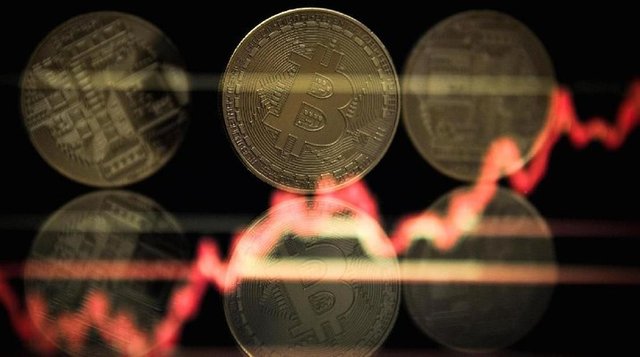Reasons for Turkey to Ban Transactions of Bitcoin and Crypto Assets

The Turkish Central Bank will prohibit citizens from using cryptocurrencies such as Bitcoin and Ethereum to buy goods and services. This policy will take effect on April 30, 2021.
In the official paper issued by the Central Bank of Turkey, when this rule is implemented, financial institutions and electronic money will not be able to facilitate platforms that offer trading of crypto assets, custody, transfers and issuance of cryptocurrencies.
The reason for the ban on crypto assets is because the Turkish Central Bank finds significant risks for transacting parties.
Crypto assets are also not subject to regulations or regulatory mechanisms or central regulatory authorities, their prices are highly volatile, and may be used for illegal acts because they are allowed to transact without disclosing their identities (anonymously).
The Turkish Central Bank also added that crypto asset wallets can be stolen or used illegally without authorization from the holder, and transactions cannot be reversed.
"Their use in payments can cause irreversible losses to the transacting parties due to the factors listed above, and they incorporate elements that can undermine confidence in the methods and instruments currently used in payments," said the Turkish Central Bank. as quoted from Anadolu Agency, Saturday (17/4/2021).
The ban on Bitcoin and crypto assets as a means of payment comes after Royal Motors, which distributes Roll-Royce and Lotus cars in Turkey, announced that it will accept payments using cryptocurrency.
Crypto asset transaction volume in Turkey surpassed US $ 27 billion from early February 2021 to March 24, 2021, according to Chainalysis. This is because a number of investors are taking part in the global crypto asset price rally, as well as to hedge amid the falling lira price against the US dollar and inflation has already touched 16.19%, three times more than the target of 5%.